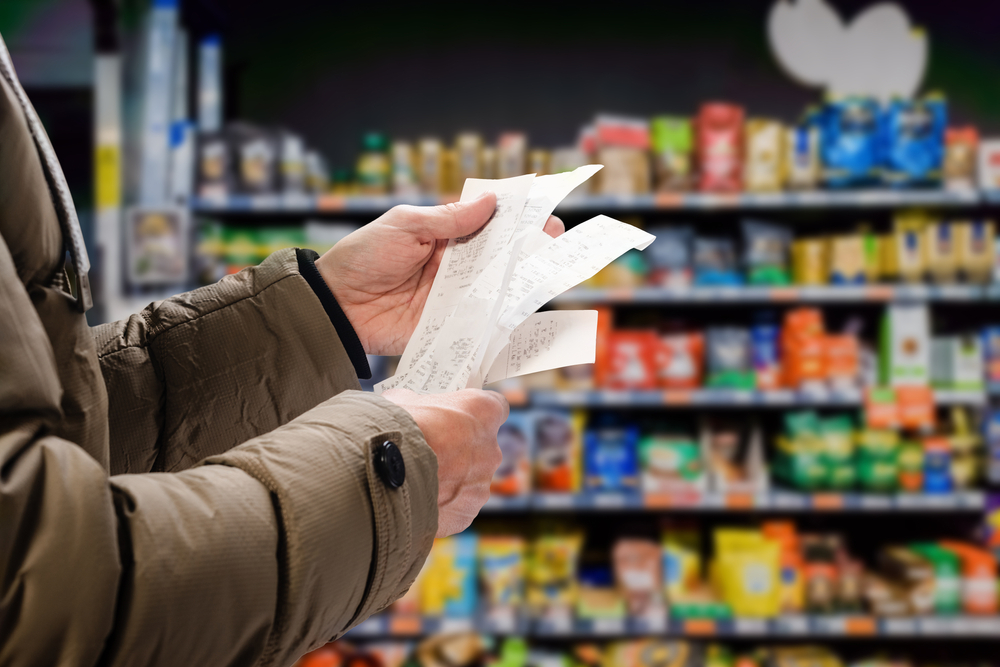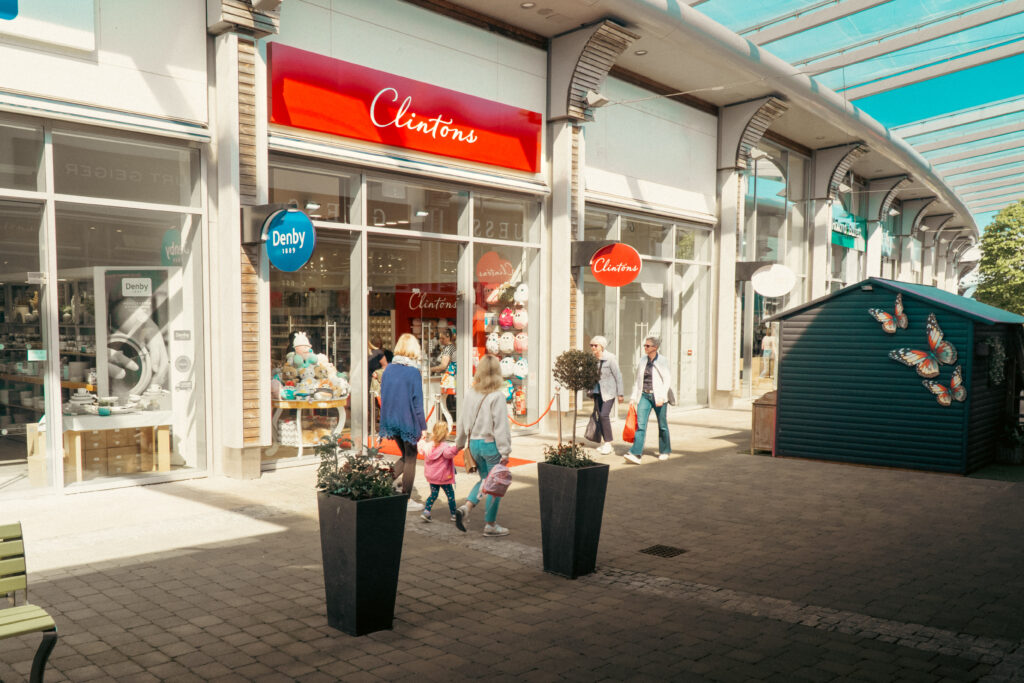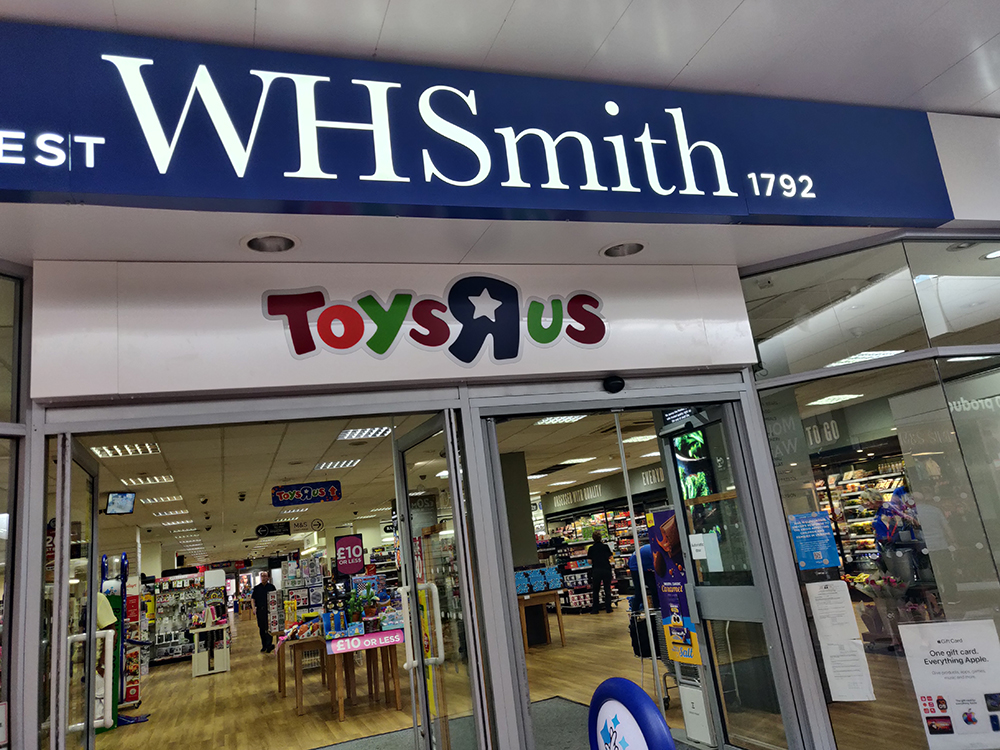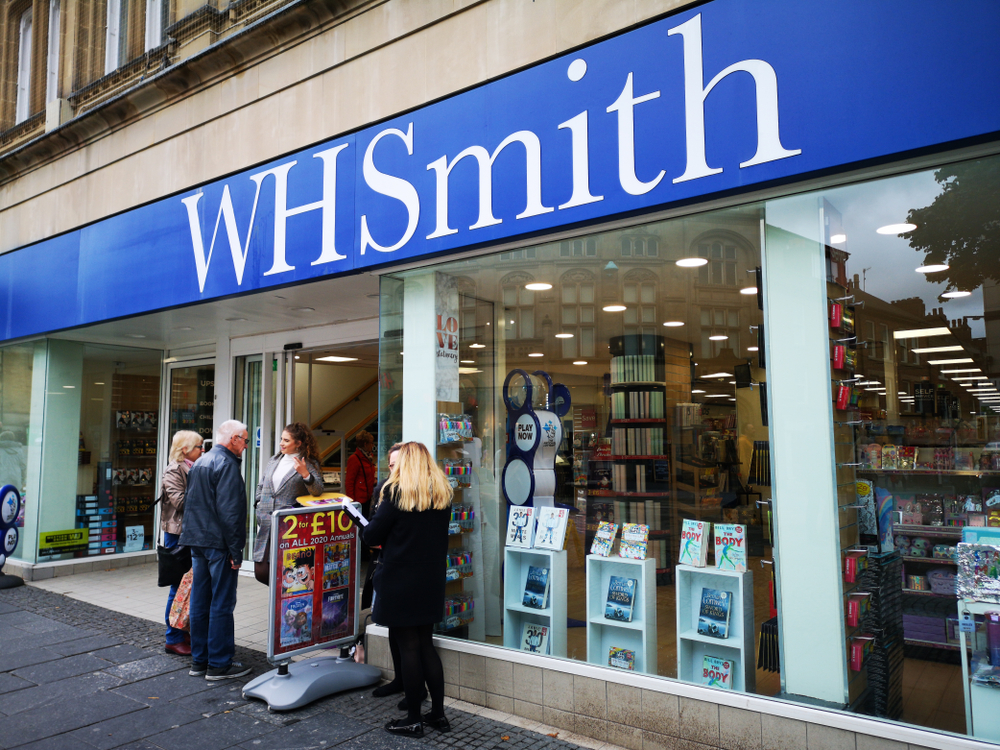There’s no doubt about it, the Chancellor’s Spring Statement was all about easing the cost-of-living crisis.
Pressure had been ramping up on Rishi Sunak to take action to help squeezed consumers and just hours before he delivered his statement, it was revealed that inflation had risen to 6.2%, its fastest rate in 30 years as food, fuel and energy costs spiral.
Sunak did unveil a number of tax cuts for consumers, including raising the threshold before workers have to pay National Insurance by £3,000 and reducing basic rate income tax from 20% to 19% by 2024.
He also cut fuel duty by 5p per litre – and spurred both Asda and Sainsbury’s to immediately go beyond this and cut prices by 6p per litre – to help quell rising petrol costs and enable drivers to fill up their tanks.
But is this enough to help the consumer weather the worst economic headwinds felt in decades?
Not according to Retail Economics chief executive Richard Lim.
“The reality is the cost-of-living crisis is far from being averted,” he says. “The Office for Budget Responsibility’s own forecasts predict inflation to average 7.4% this year which will see spending power under huge pressure, particularly for the least affluent households who spend a disproportionate amount of their income on non-discretionary items such as food, energy and fuel.”
The Office of Budget Responsibility (OBR) said that despite the policy changes unveiled, real household disposable income will fall 2.2%, the largest fall in a single financial year since ONS records began in 1956 to 1957.
“The policy measures announced since October offset a third of the overall fall in living standards that would otherwise occurred in the coming 12 months,” the OBR said.
This fall in disposable income will have a knock-on effect on the retail industry.
Lim says: “We’re likely to see recessionary behaviours kick-in for many households who will cut back on the nice-to-haves and prioritise low costs to make their budgets stretch that little bit further. A more cost-conscious consumer will emerge in the coming months, looking to form new relationships with brands who can align to these new priorities.”
KPMG UK head of consumer markets, retail and leisure Linda Ellett says its research shows that eating out, clothing, takeaways and the weekly food shop are the main targets for shoppers to make spending cuts.

“Those fortunate enough to have saved during the pandemic started the year sitting on the bulk of those savings due to uncertainty. But the certainty of rising costs means many will be dipping into those savings to help balance their budget” she says.
Ellett also flags that value for money is the main purchasing driver for consumers in this climate.
“Retailers, who face inflationary pressures themselves, are having to discount where they can in order to keep custom, but this is not sustainable long term.
Businesses that opt to pass those costs onto the consumer need to be mindful of the need to clearly explain price increases in this landscape. Consumers have long memories.”
Next chief executive Lord Wolfson says it was important to understand that the cost-of-living crisis and the inflation we are experiencing is a supply-side crisis.
READ MORE: The Spring Statement 2022 – the key points for retail
What was omitted from the Statement?
While Sunak did take action to help the consumer, little was done to help businesses.
British Retail Consortium chief executive Helen Dickinson made a plea for the Chancellor to take action on what she termed “the unsustainable business rates burden”.
“Currently, retail businesses pay 25% of all business rates, despite accounting for 5% of the economy,” she points out.
“The announcement of a 50% relief is a welcome help to small businesses but will have little impact on the industry’s £8 billion business rates bill.”
Property agent Colliers’ head of business rates John Webber said it was disappointing for retailers that “the elephant in the room” of business rates despite the impact that high rates bills has had on businesses in recent years.
The Chancellor had previously revealed a 50% business rates discount for the retail, leisure and hospitality sector from April, however, this is capped at £110,000 per company, which means that only the smallest businesses will benefit.
Webber said: “Retailers and other high street operators will be now considering their business plans now for next year and looking closely at their future business rates liabilities, particularly when the Covid-related reliefs come to an end.
“It is essential the Chancellor provides reassurance that rates bills next year will immediately reflect the lower rents we are seeing in the market now – providing incentives for businesses to keep or expand space and for property investors to invest in the sector across the UK.
“Without this reassurance the government’s ‘levelling up agenda, will be meaningless and the high street unlikely to get back on its feet.”
Meanwhile, New West End Company chief executive Jace Tyrrell was disappointed about the lack of action to entice tourists back to the UK, which he says will help the capital’s retailers to bounce back post-Covid.
He urges the government to reconsider the removal of tax-free shopping, relax Sunday Trading laws, and make it easier for tourists to visit the UK by streamlining the visa process.
“The return of high-spending international visitors to the high street, who have been absent for far too long, is also one of the most important changes that can be made to tackle rising costs. Only with the removal of these unnecessary hurdles can viable retail and hospitality businesses across the country thrive once again,” he says.
A bleak picture ahead
It is clear that the rest of 2022 is going to be tough. Sunak himself warns consumers to prepare for conditions to worsen.
“We should be prepared for the economy and public finances to worse – potentially significantly” he says.
Indeed, The Office for Budget Responsibility (OBR) slashed its growth outlook for the year to 3.8%, down from its 6% previous forecast and the 7.5% recorded last year.
Meanwhile, the OBR’s prediction that inflation will now average 7.4% this year and peak at 8.7% in the fourth quarter – the highest level since the oil shock of the late 1970s and early 1980s – suggests life will get much tougher for consumers.
Retailers will have to do what they can to keep prices as low as possible as value for money will be critical in what is gearing up to be one of the most difficult years on record.
Click here to sign up to Retail Gazette‘s free daily email newsletter

















